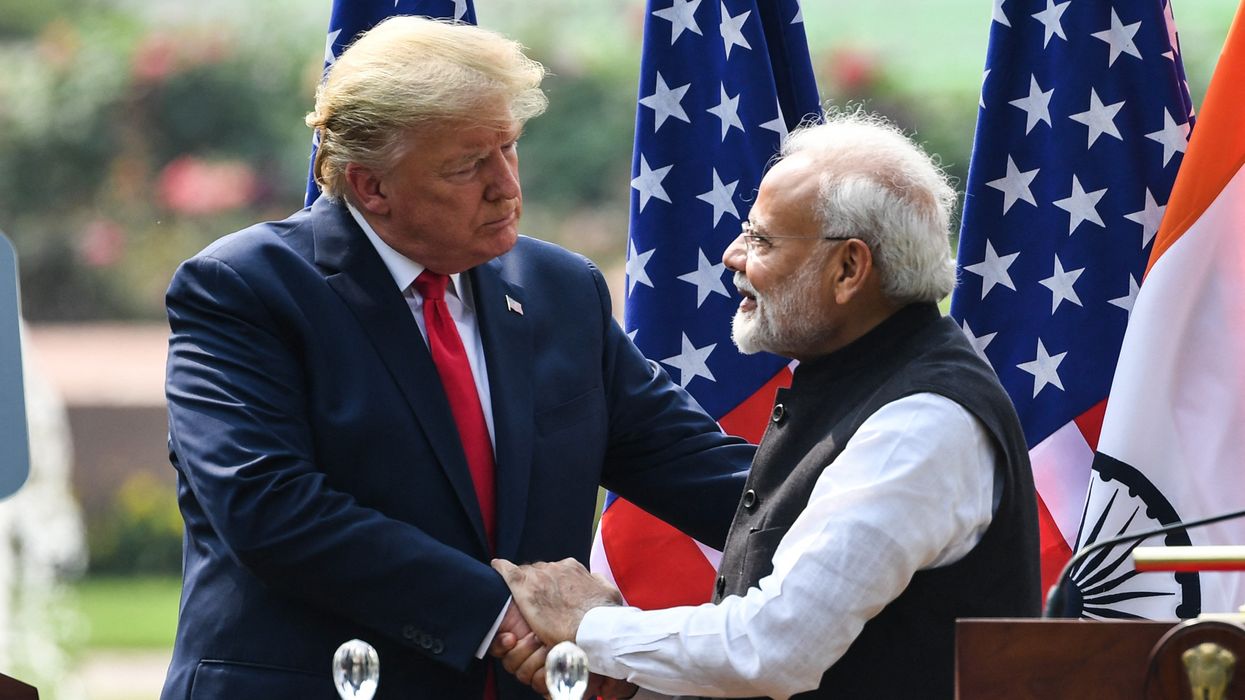TRADE talks between India and the US have hit a roadblock over disagreements on duties for auto components, steel and farm goods, Indian government sources said to Reuters, dashing hopes of reaching an interim deal ahead of president Donald Trump's July 9 deadline to impose reciprocal tariffs.
Here are the key issues at play:
HURDLES TO A TRADE DEAL
India's dependence on agriculture – a major source of rural jobs – has made it politically difficult for New Delhi to accept US demands for steep tariff cuts on corn, soybean, wheat and ethanol, amid risks from subsidised US farm products.
Domestic auto, pharmaceutical, and small-scale firms are lobbying for only a gradual opening of the protected sectors, fearing competition from US firms.
The US is pushing for greater access to agricultural goods and ethanol, citing a significant trade imbalance, along with expanded market access for dairy, alcoholic beverages, automobiles, pharmaceuticals, and medical devices.
"LACK OF RECIPROCITY"
Despite India offering to cut tariffs on a range of farm products, give preferential treatment to US firms, and increase energy and defence purchases, Indian officials say they are still awaiting substantive proposals from Washington amid Trump's erratic trade policies.
Indian exporters remain concerned about US tariff hikes, including a 10 per cent average base tariff, 50 per cent on steel and aluminium, and 25 per cent on auto imports, as well as a proposed 26 per cent reciprocal duty that remains on hold.
STRATEGIC ALIGNMENT
Indian policymakers see the US as a preferred partner over China but remain cautious about compromising policy autonomy in global affairs.
The US is India’s largest trading partner and a major source of investment, technology, energy, and defence equipment.
TENSIONS OVER PAKISTAN
India remains wary of deeper strategic ties after Trump’s perceived tilt toward Pakistan during a recent conflict between the neighbours, which raised doubts about US reliability.
GROWING INDIAN EXPORTS TO US
New Delhi is confident exports will continue to grow, especially in pharmaceuticals, garments, engineering goods and electronics, helped by tariff advantage over Vietnam and China.
India's goods exports to the US rose to over $87 billion in 2024, including pearls, gems and jewellery worth $8.5 billion, pharmaceuticals at $8 billion, and petrochemicals around $4 billion.
Services exports – led by IT, professional and financial services – were valued at $33 billion in 2024.
The US is also India's third-largest investor, with over $68 billion in cumulative FDI between 2002 and 2024.
US EXPORTS TO INDIA
US manufacturing exports to India, valued at nearly $42 billion in 2024, face high tariffs, ranging from 7 per cent on wood products and machinery to as much as 15 to 20 per cent on footwear and transport equipment, and nearly 68 per cent on food.
According to a recent White House fact sheet, the US average applied Most Favoured Nation (MFN) tariff on farm goods was 5 per cent compared to India’s 39 per cent.
(With inputs from Reuters)




